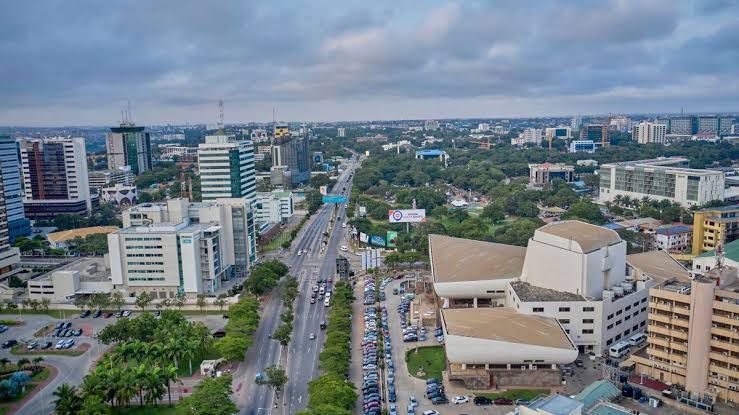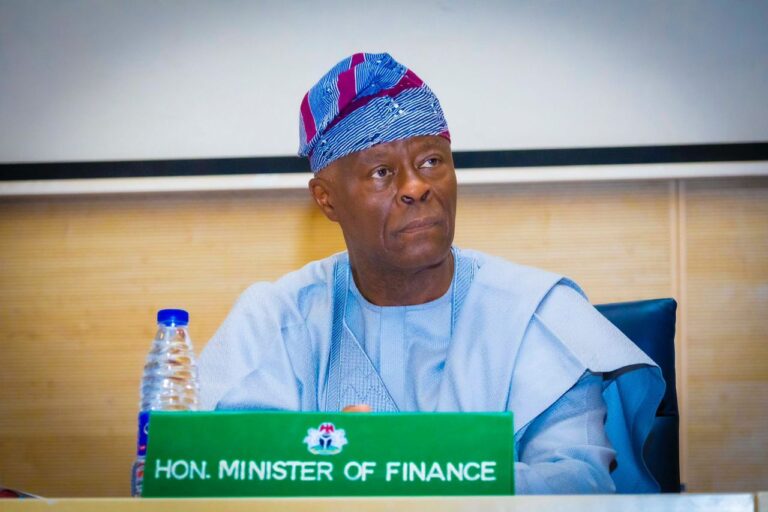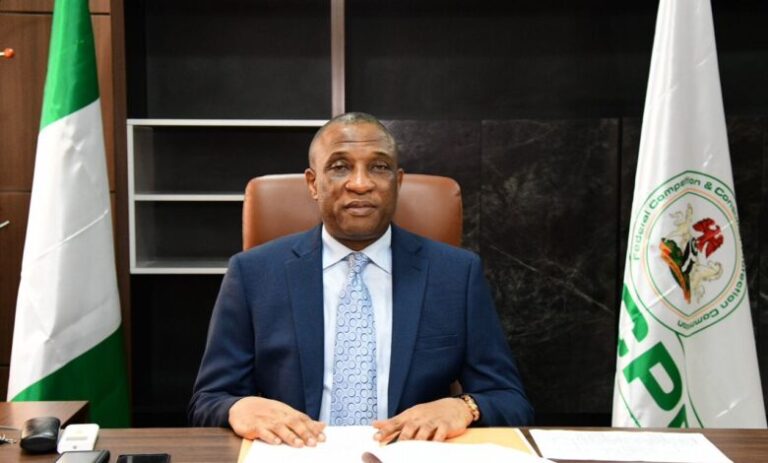The federal ministry of finance, justified the proposed massive external loan request by the Nigerian president; which sparked controversy among citizens and stakeholders, who ‘hoped’ to see the country free from debts obligations to external lenders; the ministry described the loan request as an essential component of the medium-term expenditure framework (MTEF), with the aims of setting balance in fiscal deficits, budget priorities and resources allocation over 2024-2026 period.
In three separate letters transmitted to the National Assembly on Tuesday which contain requests from the Nigerian president Bola Tinubu seeking the approval of the legislative for fresh loans, totaling over 38.5 trillion Naira.
the first letter, the president seek National Assembly approval to raise $2 billion through the issuance of foreign currency denominated financial instruments (services with value or payment linked to other currencies aside the Naira) in the country’s domestic market. The president made reference to the executive order signed earlier in October 2023, by the government.
“This request is pursuant to the provisions of Section 44 (1) and (2) of the Fiscal Responsibility Act 2007 and Section 1(7) of the Executive Order, which requires National Assembly approval for all new borrowings and appropriation of the proceeds” Tinubu wrote.
The president noted that the loan would be invested in key sectors of the economy, to boost growth, job creation and foreign exchange earnings. He said the capital raising won’t increase external debt burden.
The Nigerian president second request features a borrowing plan amounting to $21.5 billion, €2.2 billion, 15 billion Japanese yen and €65 million in grants for the year 2025-2026, Mr. Tinubu noted that, the proceeds will fund priority projects in key areas of development which includes: education, health, agriculture and tackling unemployment. However, the multi-currency proposed borrowing amounts to over 38.5 trillion Naira when calculated on the current exchange rate of 1600 per U.S dollar.

Meanwhile, if approved; the recent request will join series of foreign loans secured by the administration over the last two years.
President Tinubu expressed that the borrowing plans were of significant importance to facilitate the administration fulfill its commitments to the nation through early resources disbursement and effective key project financing.
Contained in the third prayer to the legislative, the president Tinubu requested the National Assembly, approves the issuance of Nigerian federal bonds worth N757.98 billion in the domestic market to offset outstanding pension liabilities under the Contributory Pension Scheme as of December 31, 2023.
The request, he said, follows the federal government’s non-compliance with several provisions of the Pension Reform Act (PRA) 2014 over the years largely due to revenue constraints.
“This bond issuance will enable the federal government to meet its obligations to retirees, restore confidence in the pension system, and improve the welfare of retired public servants,” Tinubu wrote.

All three requests have made its way to the Assembly house committee on finance for further deliberations and legislative action.
Concerns Arising.
Sighting the huge borrowing figures, many Nigerians have been thrown off-balance; with questions concerning the proposed borrowing. Prompting the federal finance minister to shed more light on the borrowing plans providing context and clarity.
According to a press release from the federal ministry of finance, the borrowing plan is in accordance with the Medium-Term Expenditure Framework (MTEF) with both the Fiscal Responsibility Act 2007 and the dept management office (DMO) Act 2003.
The objective of the DMO is to minimize, over the long term, the cost of meeting the Government’s financing needs, taking into account risk, while ensuring that debt management policy is consistent with the objectives of monetary policy.

Citizens are of concerned if the proposed loans are taking place this year; however, the ministry highlighted that the loans do not “equate” actual borrowing for the year, pointing out that borrowing for this year is accounted for in the budget, which is $1.23billion, and has not “yet been drawn.” Meanwhile the release highlighted no geopolitical zone will be left out; as the proposed borrowing plan is for both federal and state governments across the country’s six geopolitical zones.
According to the press release the debt rolling plan is not an “automatic increase” in nation’s debt burden, for the loans is tied to key projects, and borrowings are split over the period of which the projects are being carried out.
“a large proportion of projects in the 2024. – 2026 rolling plan has multi-year draw downs of between 5 – 7 years which are project-tied loans.” It noted.
These projects cut across critical sectors of the economy, including: power grids and transmission lines, irrigation for improving food security, fiber optics network across the country, fighter jets for security, and rail and road infrastructure.
Source: Nigeria Development Partners to the Rescue.

Many Nigerians are anxious with the sources for the proposed loans and how it’s to be managed; the government made it clear that majority of the borrowing will be sourced from Nigeria’s Development Partners, which includes: including the World Bank, African Development Bank, French Development Agency, European Investment Bank, JICA, China EximBank, and the Islamic Development Bank.
The government noted these financial institutions offer “concessional financing with favorable terms and long repayment periods,” which, thereby “support Nigeria’s development objectives sustainably”. Government argued.
However, the government reiterates that the debt service to revenue ratio has started decreasing from its peak of over 90% in 2023, sighting the “ended of the distortionary and inflationary ways and means”. Meanwhile the Tinubu-led administration has recently cleared the $3.4billion emergency loans procured from the IMF by the previous government.
The administration loudly optimistic about the revenue growth in the state owned enterprises and agencies, it pointed out significant revenue expectations from the Nigerian National Petroleum Corporation (NNPC), and technology-enabled monitoring collection of surpluses from revenue-generating ministries, departments, and agencies, including legacy outstanding dues.
“Having achieved a fair degree of macroeconomic stabilization,” with applause from IMF/World Bank; the ministry justified that decision for the proposed 38.5trillion Naira loan; say-it will “pivot the economy onto a path of rapid, sustained, and inclusive economic growth.” Pointing at substantial investment in critical sectors such as: transportation, energy, infrastructure, and agriculture. The press report however, noted “these investments will lay the groundwork for long-term economic diversification and encourage private sector participation.”
Finally, the release noted, Tinubu administration remains committed to keep borrowing within manageable and sustainable limits in accordance with the DMO Debt Sustainability Framework. While referencing that the ongoing tax reform agenda, and other revenue initiatives, will further improve revenue generation and prudent financial management. The government also “reaffirms” their dedication to fiscal discipline, transparency, and accountability.
NWALI CHIDOZIE MICHEAL












